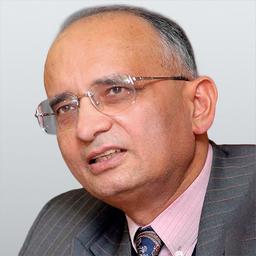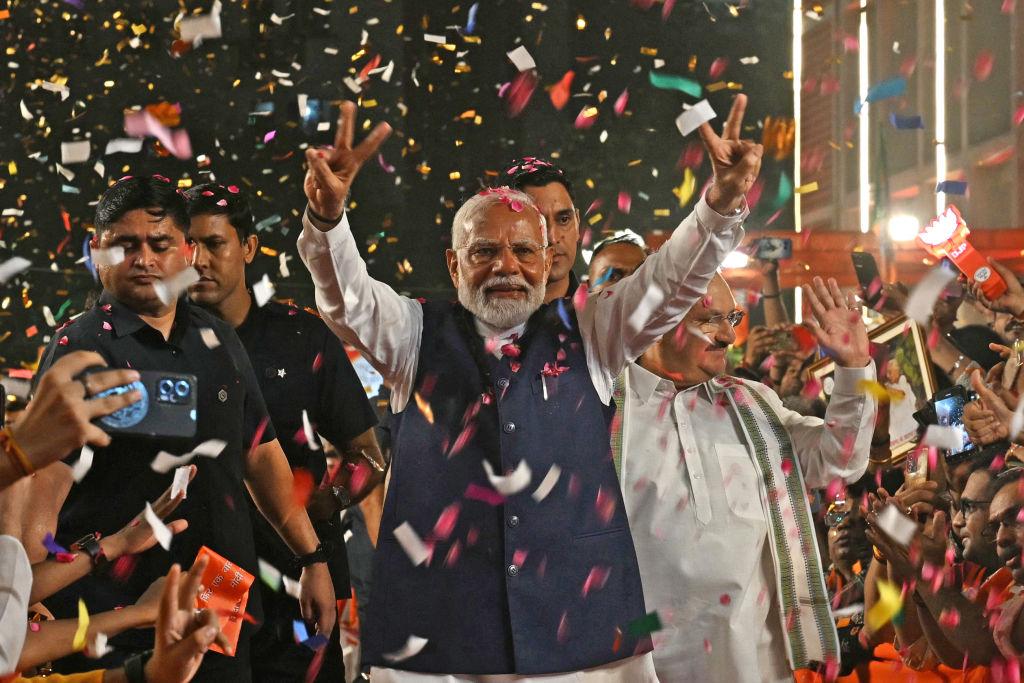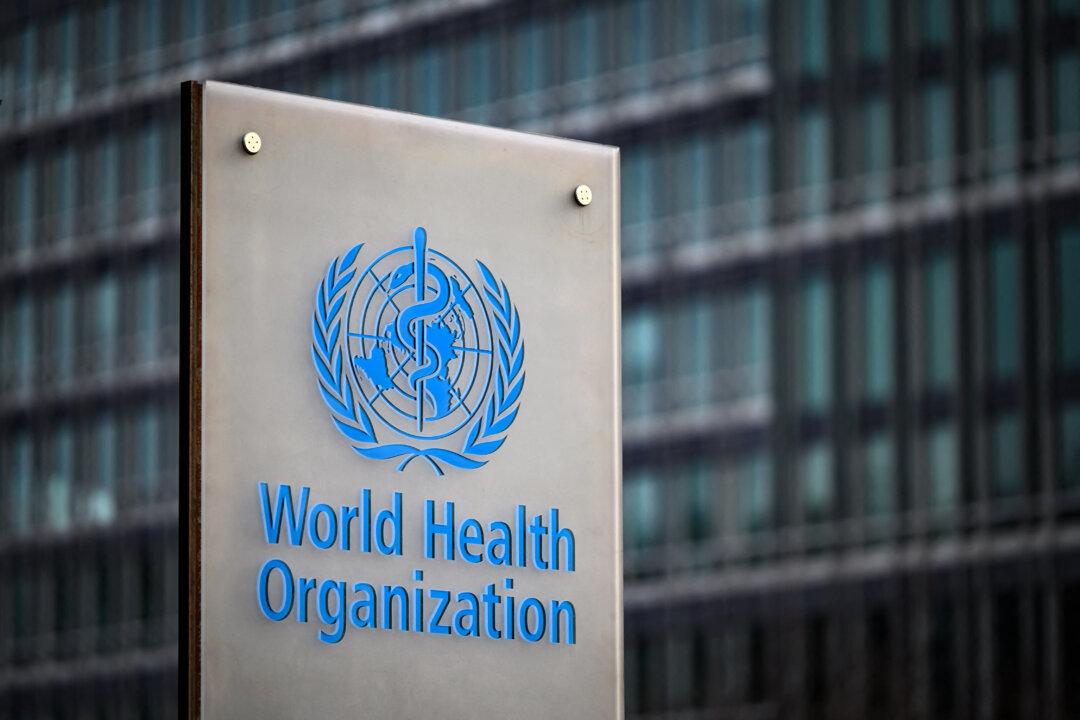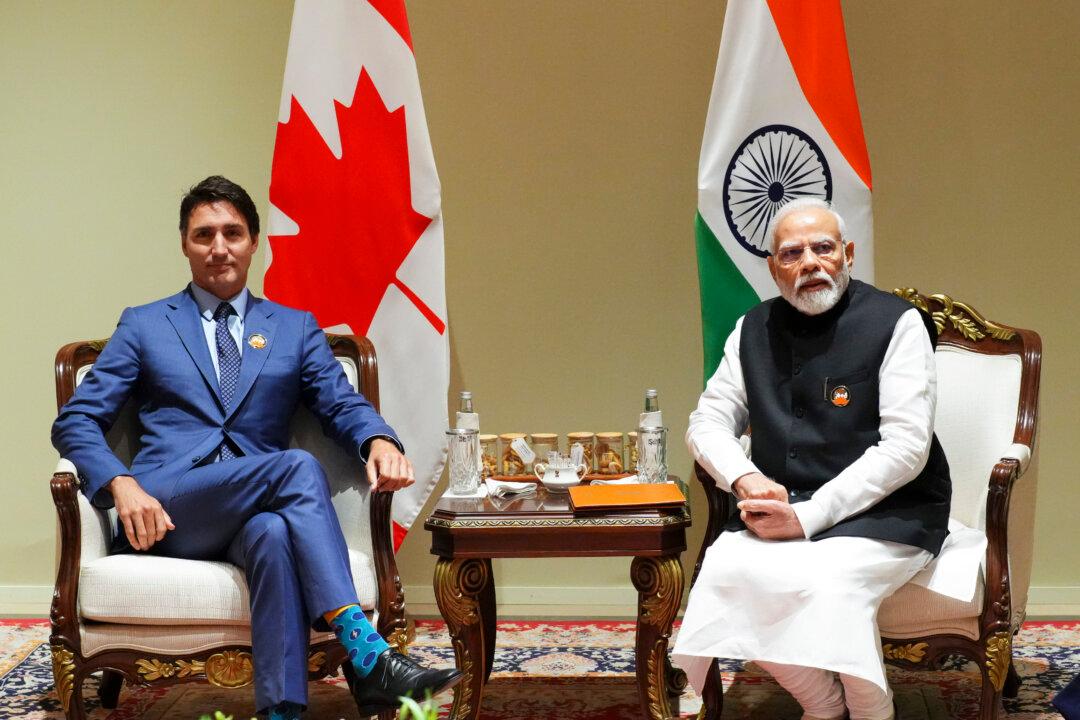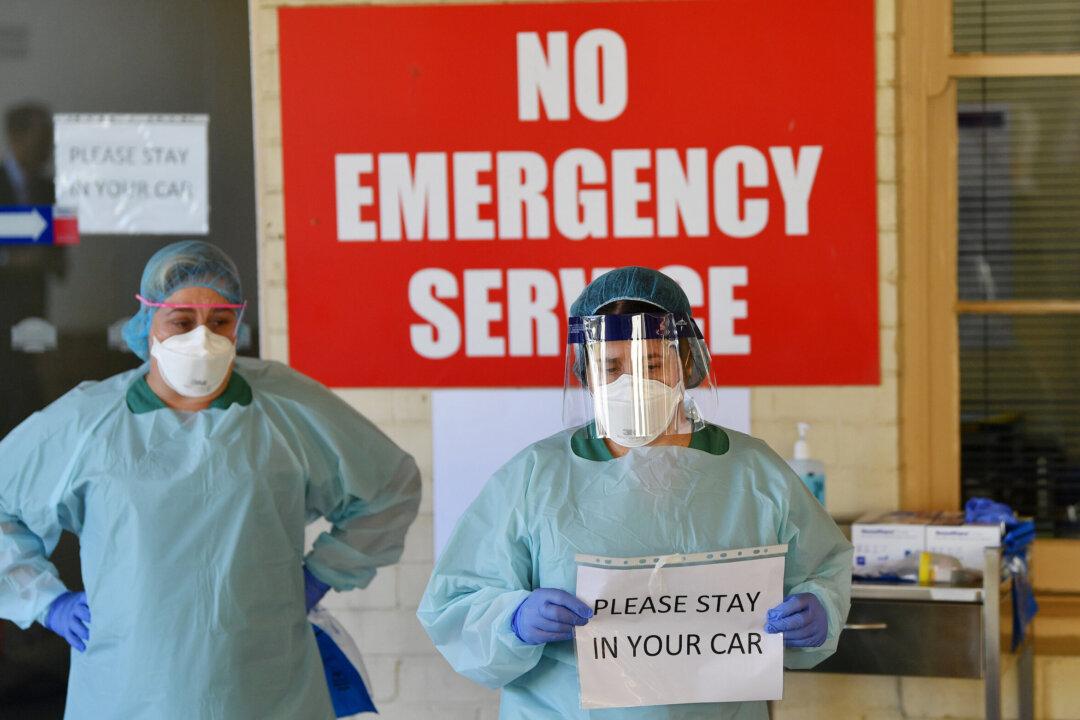Commentary
The World Health Organisation (WHO) will present two new texts for adoption by its governing body, the World Health Assembly made up of delegates from 194 member states, in Geneva, Switzerland, from May 27 to June 1. The new pandemic treaty needs a two-thirds majority for approval and, if and once adopted, will come into effect after 40 ratifications.

